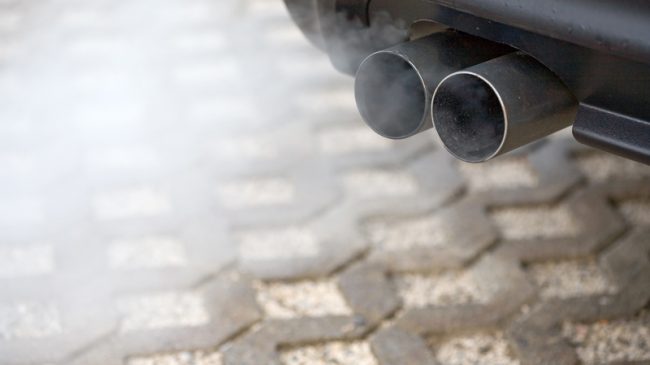A new treaty being signed by over 150 countries at the United Nations seeks to limit the increase in global temperatures to 2 degrees Celsius (3.6 degrees Fahrenheit) above preindustrial levels. The so-called “Paris Agreement” claims this is necessary to prevent “dangerous anthropogenic interference with the climate system.” But like California’s own ambitious climate change legislation, it is likely to do far more harm than good.
While human emissions of greenhouse gases are probably warming the planet, the decision to limit warming to 2 degrees Celsius is not based on an impartial assessment of its impact. It’s true that changes in temperature, precipitation and sea level certainly have the potential to cause harm, but economic analyses suggest that global warming of up to 3 degrees Celsius above preindustrial levels could generate net benefits for humanity.
One benefit is that reduced expenditures on heating are expected to more than offset increased expenditures on cooling. There will also likely be fewer temperature-related deaths – since many more people die from cold than from heat. And global crop production is likely to increase as growing seasons in more northerly latitudes, including most of the U.S., lengthen and as carbon dioxide itself increases plant growth.
Moreover, the potentially adverse impacts of climate change could be dramatically reduced by adaptation. Over the past century, adaptation, new technologies and greater wealth have reduced the impact of most climate-related harms, which have fallen dramatically even as temperatures have risen.
Deaths from extreme weather events, for example, have fallen by more than 90 percent. Meanwhile, deaths from temperature-related diseases, such as cholera, have practically disappeared in richer countries. With continued innovation and growth, these trends will likely continue.
But the Paris Agreement’s imposition of restrictions on greenhouse gas emissions would interfere with the bottom-up process of innovation that occurs when entrepreneurs, motivated by opportunity and the threat of competition, develop new technologies to satisfy the felt needs of consumers.
This bottom-up process results in better, less-costly technologies that typically deliver services to consumers in ways that reduce the use of energy and waste. Modern cars and computers, for example, are lighter than their predecessors and require fewer resources to produce and power them. Widespread adoption of new technologies results in higher levels of output per unit of input, which translates into greater wealth.
At the same time, the lower cost of goods and services increases the buying power of each dollar, multiplying the effect of rising wealth. In combination, more wealth, greater purchasing power and better technologies increase our capacity to address all manner of problems, including those related to climate change.
The commitments made by governments in the Paris Agreement would divert trillions of dollars into lower-carbon forms of energy, and away from investments in other innovations. As a result, innovation will almost certainly be reduced and, with it, economic growth.
California is already experiencing problems resulting from its own attempts to restrict greenhouse gas emissions. State regulations have driven up electricity and gas prices, driving businesses away. Under President Obama’s Clean Power Plan, businesses may similarly be driven out of the United States. And, under the Paris Agreement, some power-hungry businesses will simply cease to exist.
The Paris Agreement is expected to reduce average temperatures in the year 2100 by less than 0.2 degree Celsius (0.36 degree Fahrenheit). Thus, it is unlikely to significantly reduce any climate-related harms. However, by slowing down the rate of innovation and economic growth across the world, it could seriously hinder adaptation. And those consequences could be dire, especially for the poor who currently suffer most from climate-related problems.
Julian Morris is vice president of research at Reason Foundation.

